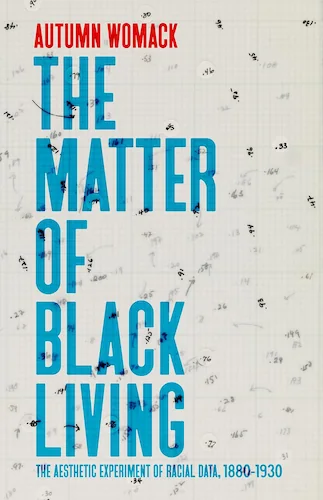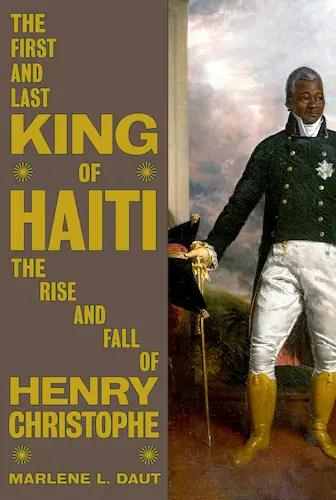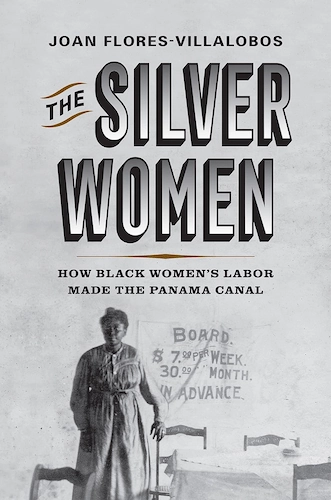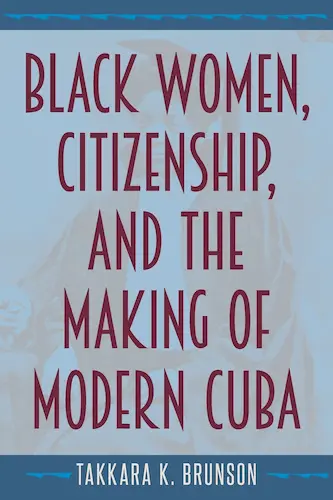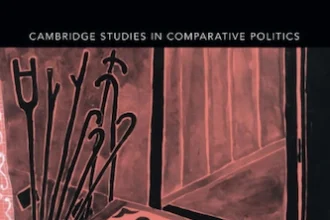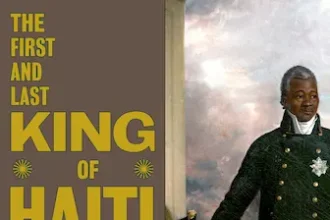Black Intellectuals and the Power of Racial Data
Autumn Womack’s The Matter of Black Living: The Aesthetic Experiment of Racial Data, 1880–1930, winner of the 2022 William Sanders Scarborough Prize, examines how Black intellectuals and artists navigated the rise of data-driven racial knowledge in the late nineteenth and early twentieth centuries.
Through a study of social surveys, photography, and film, Womack reveals how data was used both as a tool of racial control and as a site of aesthetic and political experimentation.
At a time when social scientists sought to quantify and manage Black life, figures like W. E. B. Du Bois, Sutton Griggs, and Zora Neale Hurston engaged with data in ways that disrupted its supposed objectivity.
The book argues that these cultural producers did not merely resist racialized data collection but actively repurposed it, transforming numbers, images, and cinematic techniques into new forms of representation.
Social Science, Racial Data, and Visual Resistance
The first section of the book focuses on the social survey, a method central to Progressive-era social science. Womack reframes Black fiction from this period as a form of “social document fiction,” in which literary narratives—such as Griggs’s Imperium in Imperio (1899)—challenged the detached gaze of the surveyor and exposed the racial biases embedded in data collection.
The second section turns to photography, particularly its role in documenting racial violence. Lynching photographs were weaponized both by white supremacists and by anti-lynching activists, yet Womack highlights how survivors of racial terror, such as the Baker family, used photography to assert their agency.
She introduces the concept of “looking out” to describe how Black subjects strategically engaged with the photographic medium to complicate its authority.
Zora Neale Hurston and Experimental Film
The final section examines Hurston’s early film work, arguing that her experimental approach—marked by overexposure, blurring, and fragmentation—offered a radical alternative to the rigid documentary practices of social science. Rather than striving for empirical accuracy, Hurston’s films embraced excess and opacity, unsettling the expectation that Black life could be fully captured through visual data.
Womack’s study is not just a historical excavation but a critical intervention into contemporary debates on racial data, surveillance, and the politics of representation. By uncovering how Black artists and intellectuals engaged with data technologies in unpredictable ways, The Matter of Black Living challenges prevailing narratives about the relationship between race and empirical knowledge. Explore The Matter of Black Living here.


